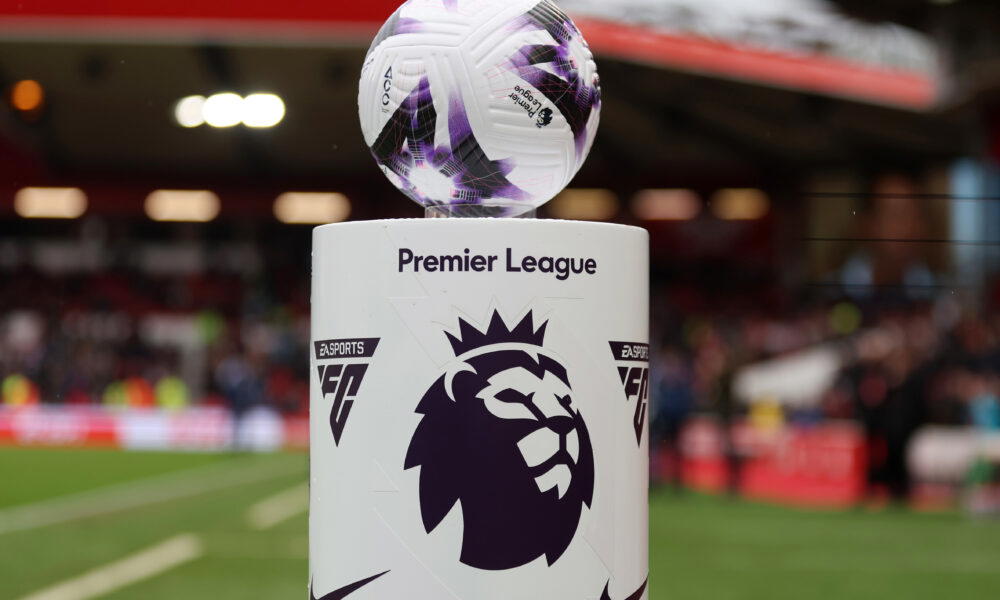6 new football rules to watch out for in the 2025/26 EPL season

The new English Premier League (EPL) season isn’t just about fresh signings and fierce rivalries—it’s also bringing a wave of new football rules that could change how the game is played.
From how long goalkeepers can cling to the ball to who’s allowed to talk to the referee, here are the six key rule changes you’ll notice this season.
1. The Eight-Second Rule for Goalkeepers
Time-wasting just got a whole lot riskier. This season, goalkeepers have a maximum of eight seconds to release the ball. Take longer, and the opposition is awarded a corner kick—a far harsher punishment than the old indirect free-kick, which was rarely enforced.
Referees will now warn goalkeepers with a five-second countdown, making the rule crystal clear. The change has already been seen in action at the FIFA Club World Cup, where Al-Hilal’s Yassine Bounou conceded a last-minute corner against Real Madrid after holding onto the ball too long.
Former Premier League assistant referee Darren Cann calls it a “really positive law change” that will speed up the game. Expect keepers like Everton’s Jordan Pickford to adjust quickly—or risk gifting dangerous set-pieces.
2. Only the Captain Can Approach the Referee
The days of players crowding around referees are over—at least in the Premier League. From now on, only the team captain can approach the referee during a match. Anyone else who does so without permission and in a disrespectful manner risks a yellow card.
If the captain is a goalkeeper, the team can nominate an outfield player to take on this role before kick-off. The idea, trialled in European competitions last season, aims to improve on-field behaviour and ease pressure on match officials.
Cann explains: “This should help stop the unnecessary surrounding of the referee. If a player continues to remonstrate after being warned, they should receive a yellow card.”
3. Second Chance on Double-Touch Penalties
Penalty-takers who slip and accidentally touch the ball twice in one motion used to be punished with an indirect free-kick. Now, if the ball goes in, the penalty will be retaken instead.
This rule was prompted by high-profile incidents, including England’s Beth Mead in the Women’s Euros and Julian Alvarez for Atletico Madrid in the Champions League—both of whom slipped and saw their goals disallowed.
The change, described by Cann as “sensible,” ensures a fair outcome for accidental mistakes while still keeping the defending team’s rights intact if the penalty is missed in open play.
4. Fairer Drop Ball Restarts
Another subtle but potentially significant change involves drop balls. If play is stopped and the referee believes a team was about to gain possession, that team will now receive the drop ball—even if they weren’t the last to touch it.
This tweak aims to prevent teams from losing a promising attacking opportunity simply because the ball went out or play was halted unexpectedly.
5. New Offside Interpretation for Goalkeepers
Offside decisions are now judged differently for goalkeepers. Instead of using the first point of contact with the ball, referees will now use the last point of contact when assessing offside positions.
While subtle, this change could affect close offside calls during build-up play, especially when goalkeepers are distributing the ball under pressure.
The post 6 new football rules to watch out for in the 2025/26 EPL season appeared first on Vanguard News.







